 Title: “Revolutionizing Pharmaceutical Manufacturing: The Role of Pharmaceutical Machinery”
Title: “Revolutionizing Pharmaceutical Manufacturing: The Role of Pharmaceutical Machinery”
Pharmaceutical manufacturing has undergone a significant transformation in recent years, thanks to the advancements in pharmaceutical machinery. One of the key innovations in this field is the development of automated tablet press machines. These cutting-edge machines, such as the TDP and THDP series, have revolutionized the way medications are produced.
Automated tablet press machines are designed to efficiently and accurately produce a large volume of tablets in a short amount of time. These machines use a combination of mechanical and pneumatic systems to compress powdered ingredients into a solid tablet form. The high-speed production capabilities of these machines not only increase efficiency but also ensure uniformity in size, shape, and weight of the tablets.
In addition to tablet press machines, capsule filling machines have also played a crucial role in pharmaceutical manufacturing. These machines are used to fill empty capsule shells with powdered, granulated, or liquid medications. By precisely controlling the filling process, capsule filling machines ensure that each capsule contains the correct dosage of the medication. This not only improves patient safety but also enhances the overall quality of the pharmaceutical product.
The TDP series of tablet press machines, known for their compact size and high production capacity, have become increasingly popular in the pharmaceutical industry. These versatile machines can handle a wide range of tablet sizes and shapes, making them ideal for small to medium-scale production. The advanced technology and user-friendly design of the TDP series make them a valuable asset in modern pharmaceutical manufacturing facilities.
On the other hand, the THDP series of tablet press machines are known for their high-speed production capabilities and superior accuracy. These machines are designed to meet the demands of large-scale pharmaceutical manufacturers who require a high volume of tablets to be produced quickly and consistently. The THDP series is equipped with advanced features such as automatic feeding systems, real-time monitoring, and quality control measures to ensure the efficiency and reliability of the production process.
In conclusion, pharmaceutical machinery, such as tablet press and capsule filling machines, has played a crucial role in revolutionizing pharmaceutical manufacturing. The advancements in technology, as exemplified by the TDP and THDP series of machines, have not only improved production efficiency but also enhanced the quality and accuracy of pharmaceutical products. As the pharmaceutical industry continues to evolve, the role of innovative machinery in drug manufacturing will only become more prominent, shaping the future of healthcare worldwide.

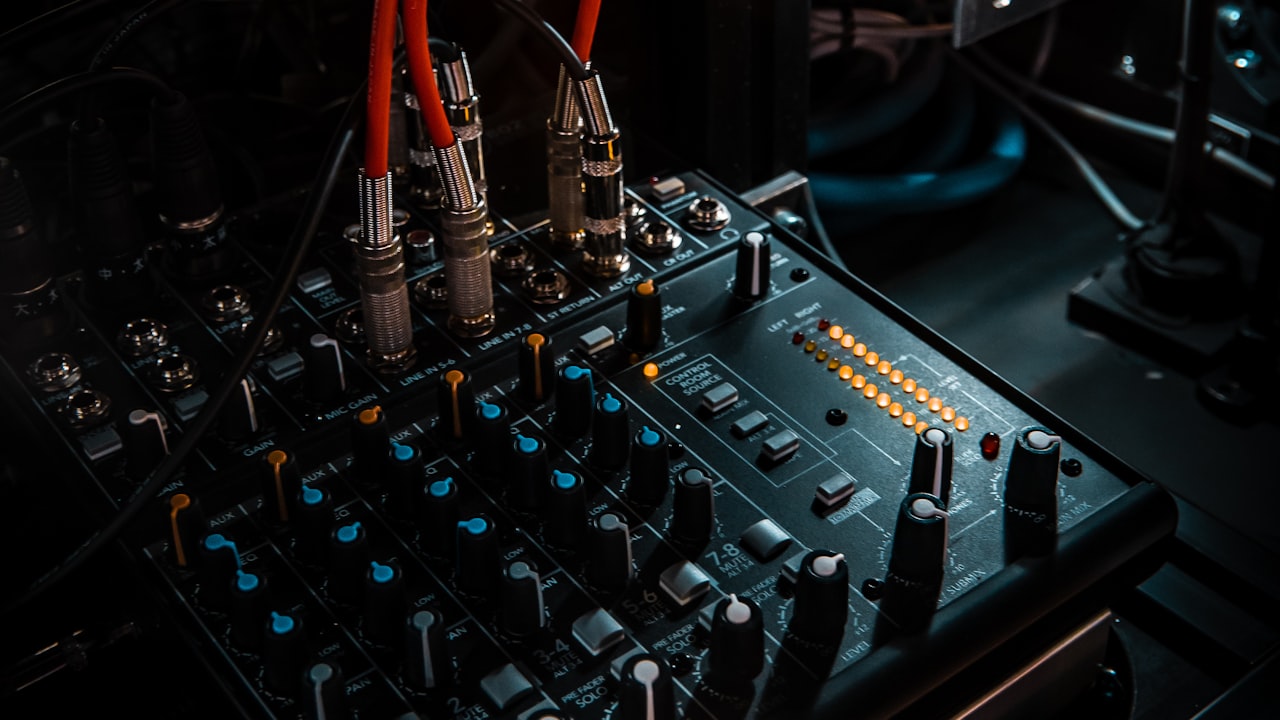 Title: “Revolutionizing Pharmaceutical Industry with Advanced Pharmaceutical Machinery”
Title: “Revolutionizing Pharmaceutical Industry with Advanced Pharmaceutical Machinery”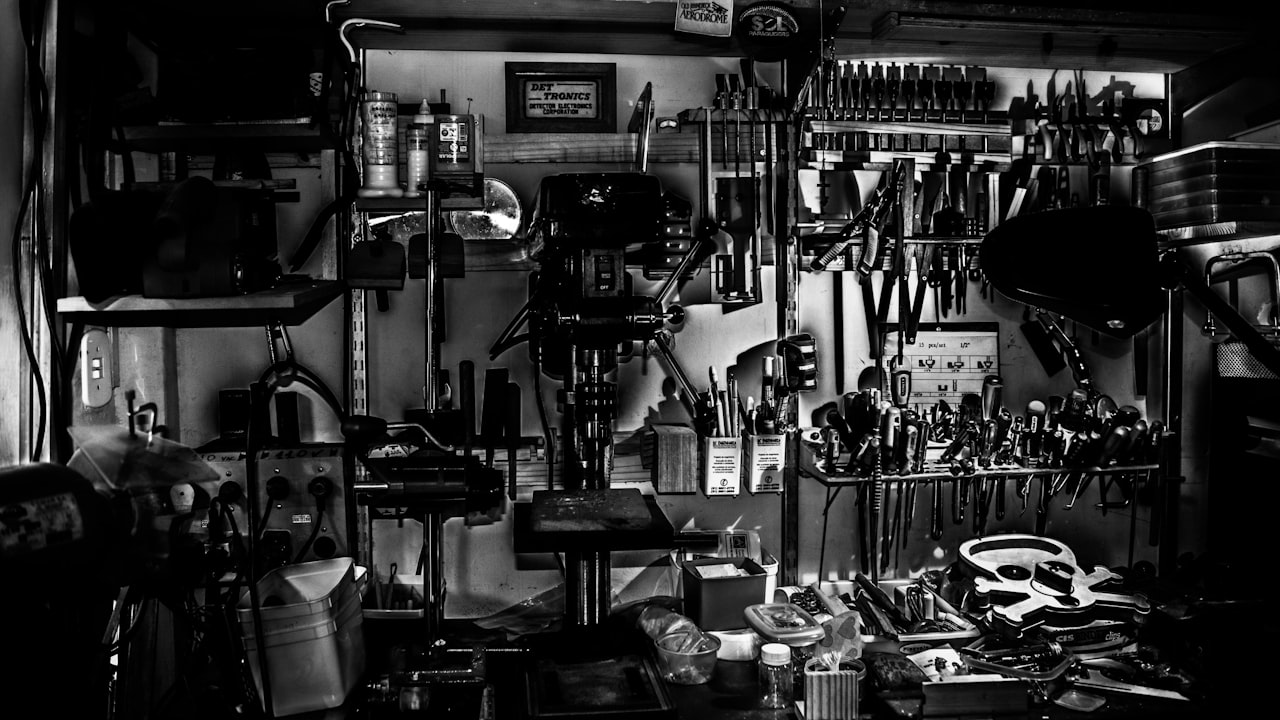 Title: The Advancements in Pharmaceutical Machinery Technology
Title: The Advancements in Pharmaceutical Machinery Technology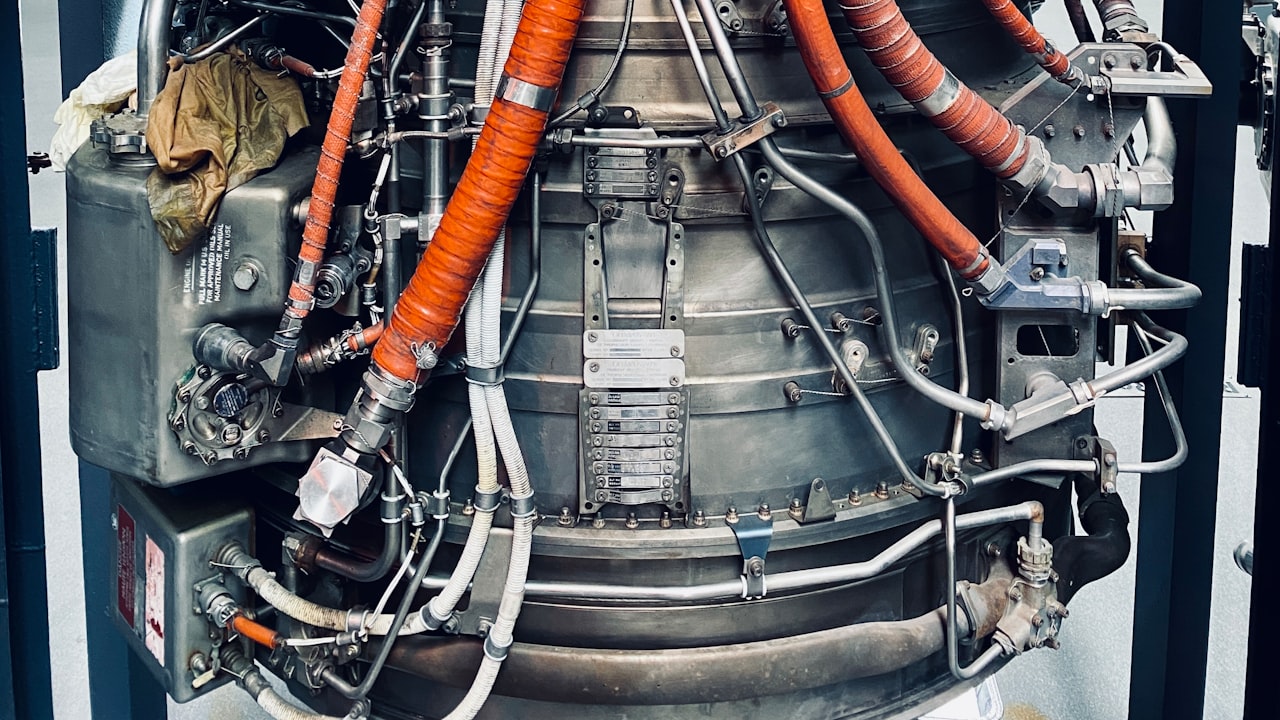 Title: The Role of Pharmaceutical Machinery in Modern Medicine
Title: The Role of Pharmaceutical Machinery in Modern Medicine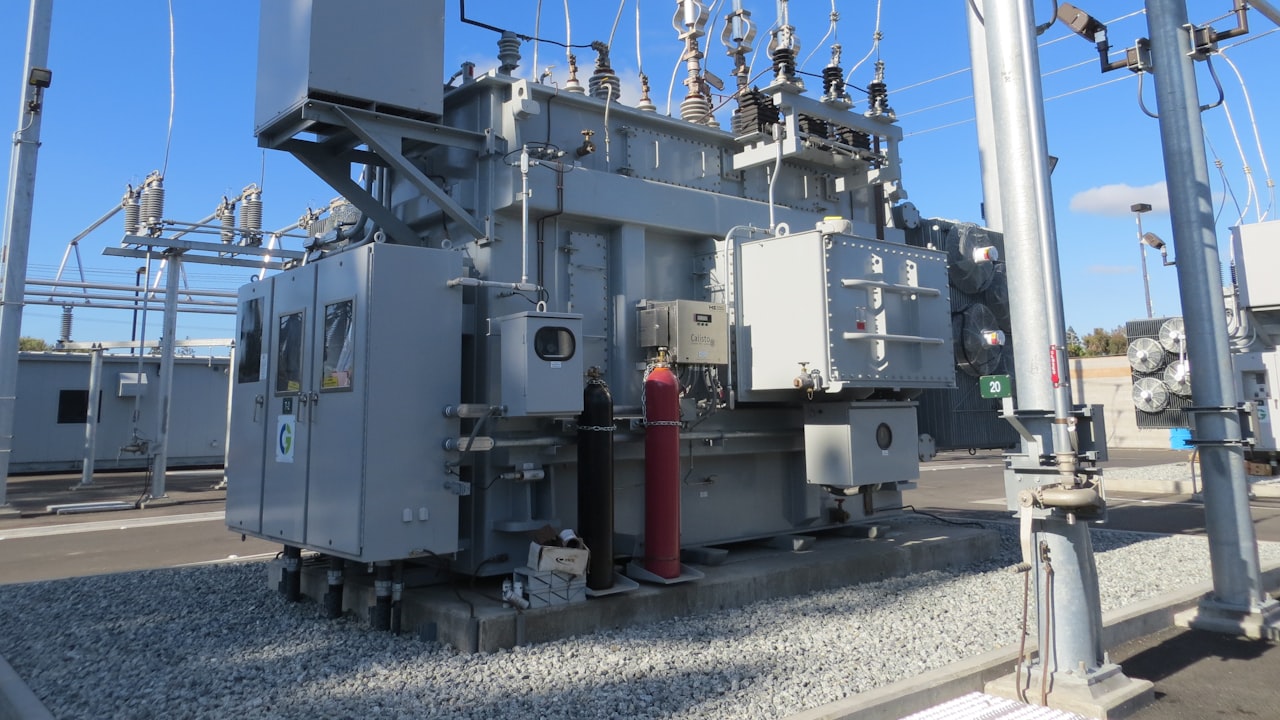 Article Title:
Article Title: Title: The Role of Pharmaceutical Machinery in Modern Drug Manufacturing Processes
Title: The Role of Pharmaceutical Machinery in Modern Drug Manufacturing Processes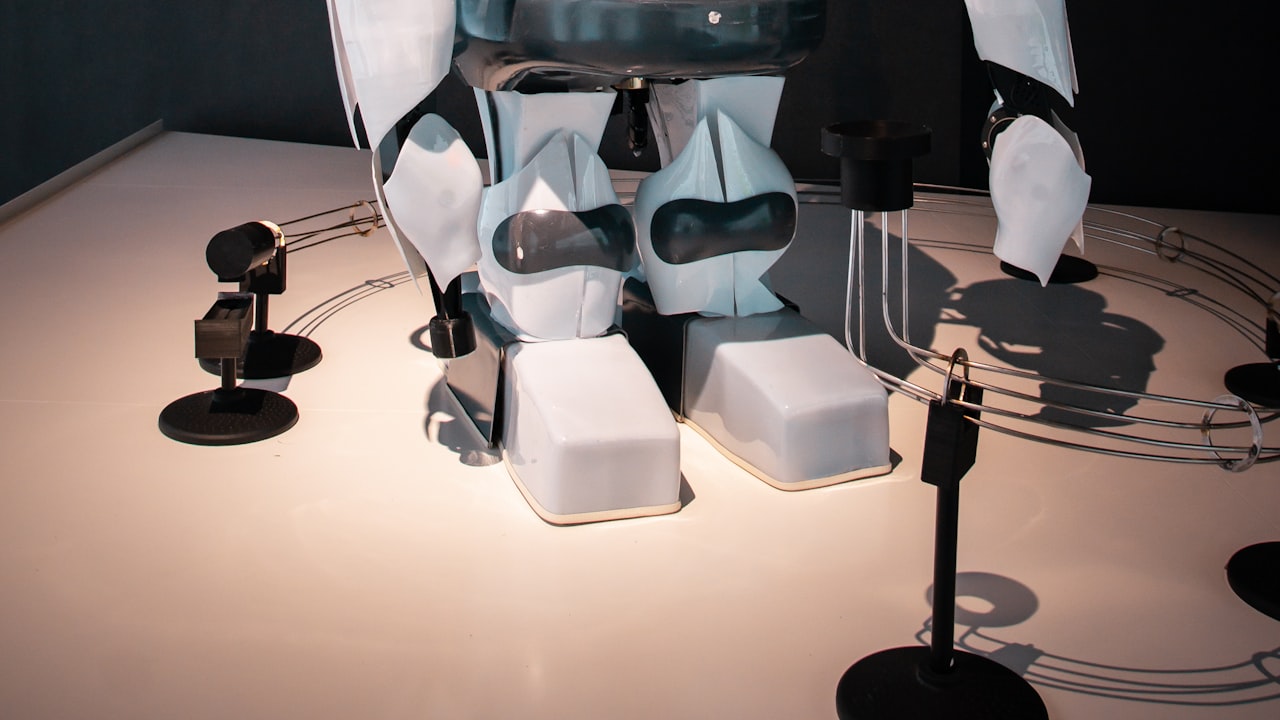 Title: The Role of Pharmaceutical Machinery in Drug Manufacturing
Title: The Role of Pharmaceutical Machinery in Drug Manufacturing Title: The Evolution of Pharmaceutical Machinery: A Revolution in Drug Production
Title: The Evolution of Pharmaceutical Machinery: A Revolution in Drug Production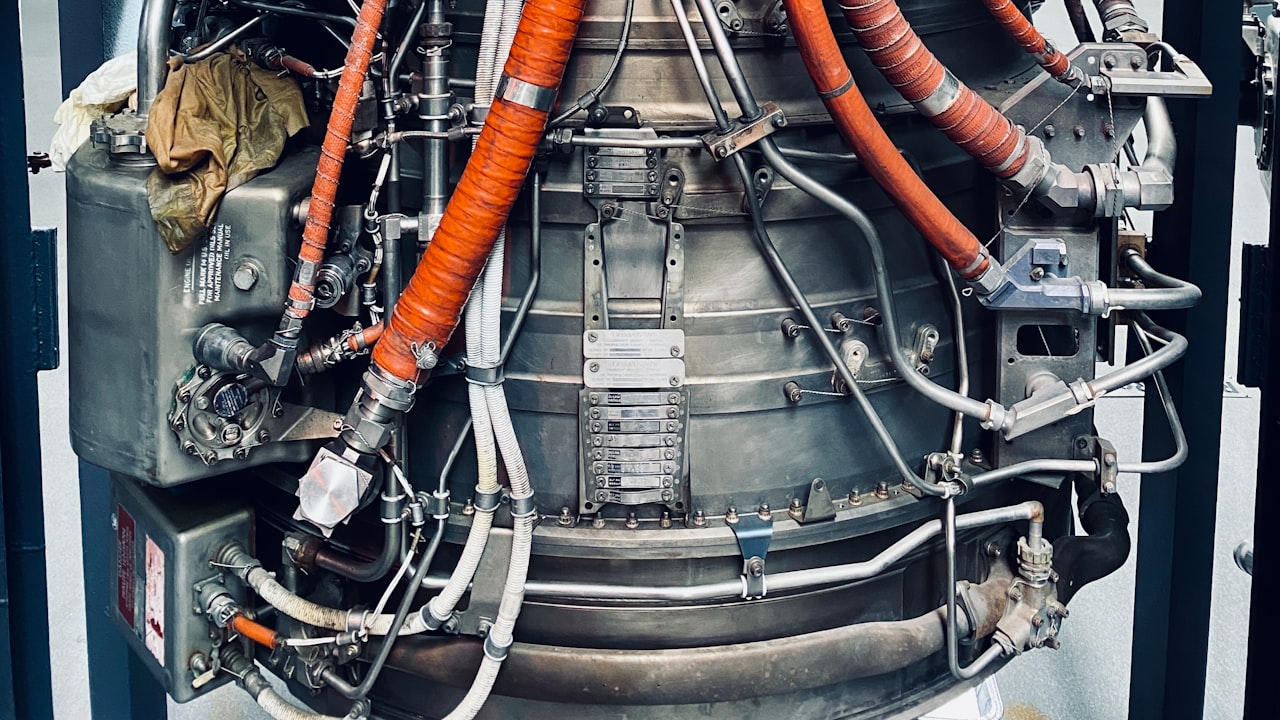 Title: The Evolution of Pharmaceutical Machinery: Innovations Shaping the Future of Medicine Production
Title: The Evolution of Pharmaceutical Machinery: Innovations Shaping the Future of Medicine Production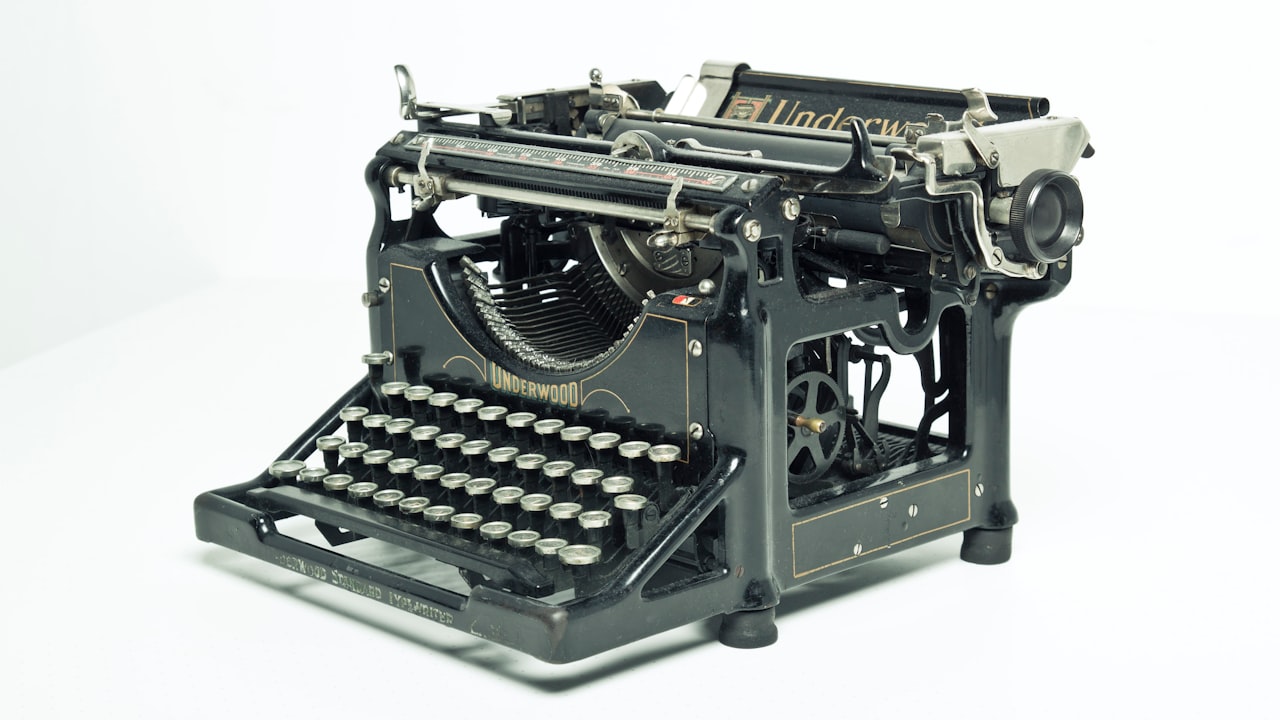 Title: The Role of Pharmaceutical Machinery in Drug Manufacturing
Title: The Role of Pharmaceutical Machinery in Drug Manufacturing



